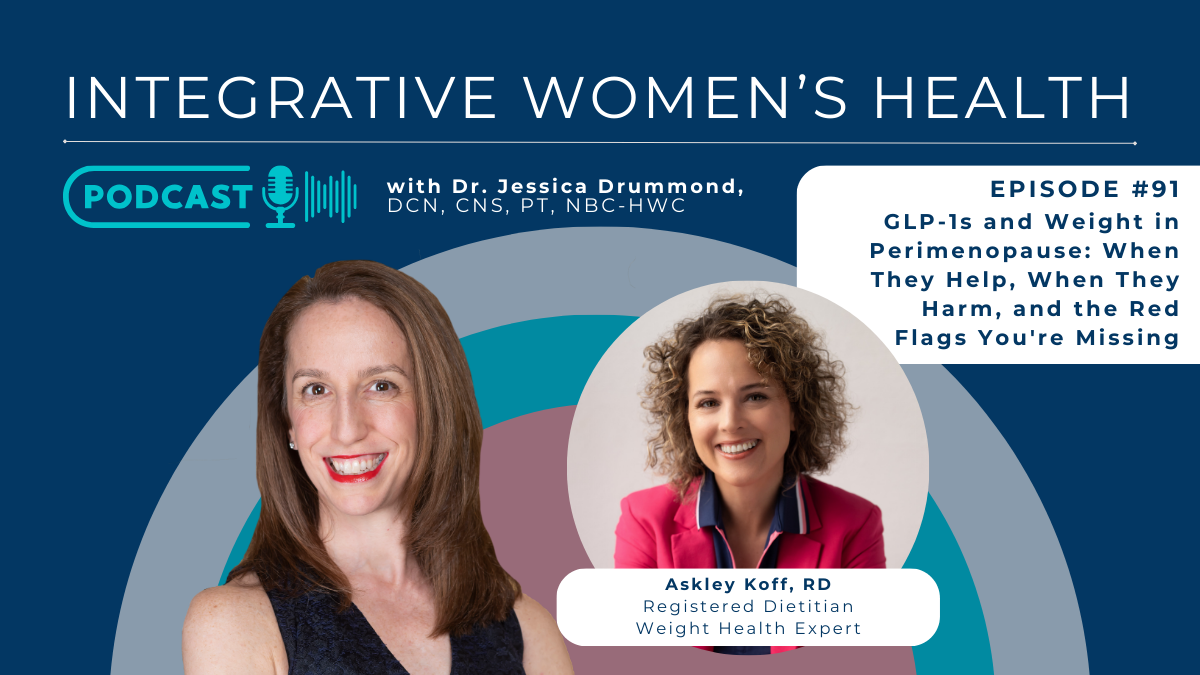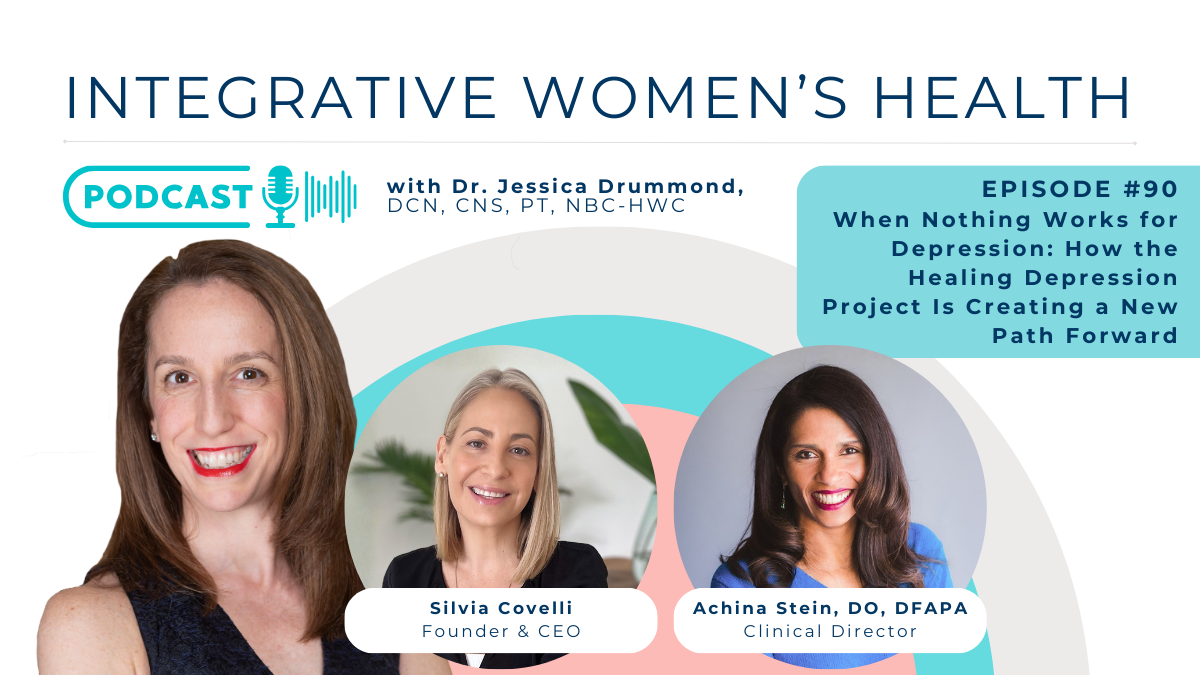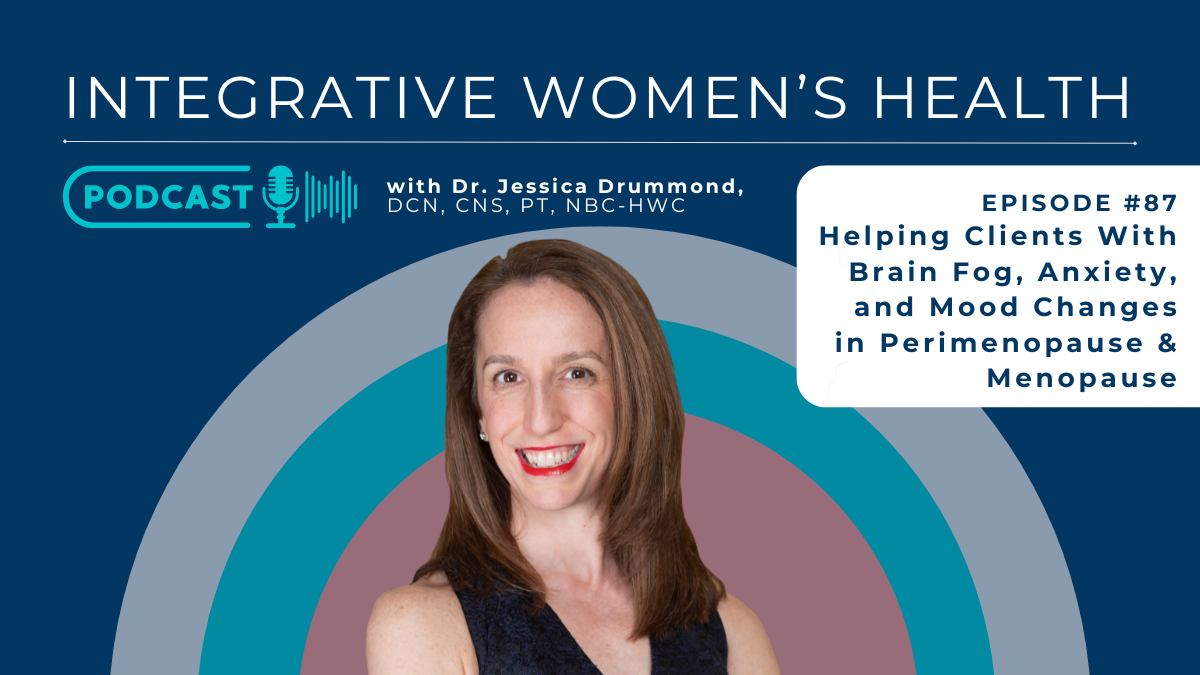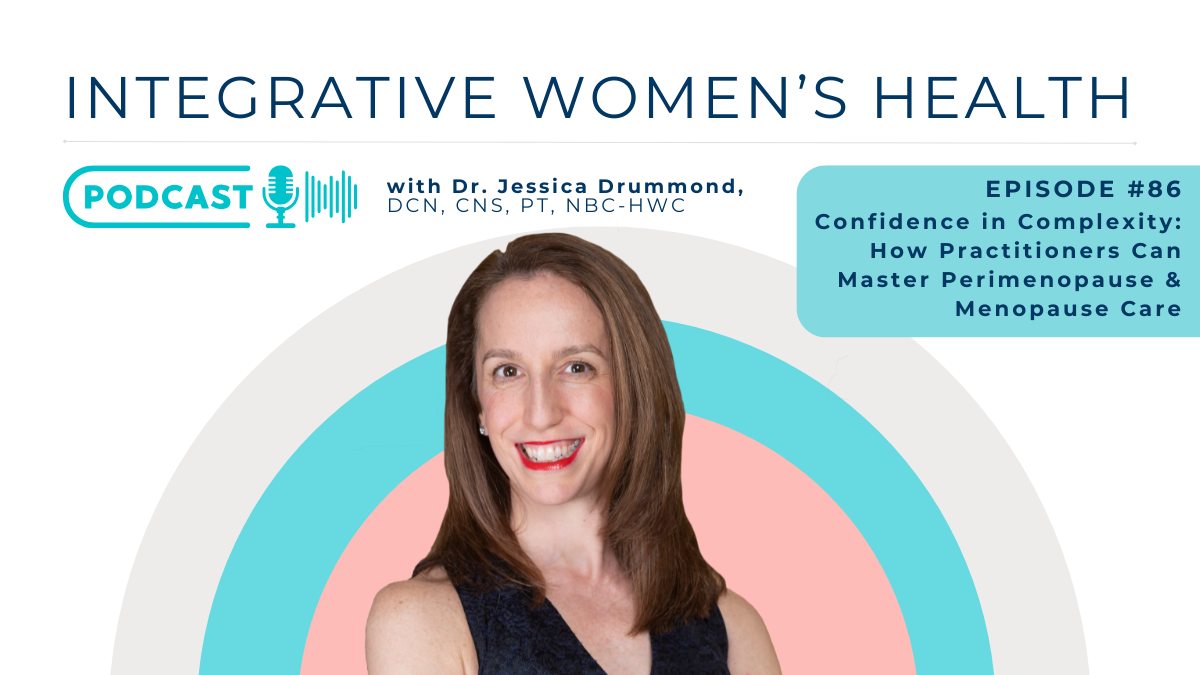One of the most frustrating symptoms, second only to intense pain, that my patients struggle with is brain fog.

I don’t have time in my life for brain fog (and neither do you!) Let me share 3 of my most powerful tools for clearing the (brain) fog!
I do a lot of writing, researching, teaching and working with patients every week, in addition to cooking dinner, taking care of my daughters, taking out the trash, doing laundry, and all of the many things that all working moms do. To keep up this work pace, that requires a lot of complex thinking on pretty tight deadlines, I need focus!
What are my best strategies for clearing brain fog?

A morning workout.
Depending on how my body feels this can be any kind of workout. Some mornings, I am ready for intensity. I’ll hit an intense boot camp class, or run on the treadmill and lift some heavy weights.
Other days, I enjoy the mental challenge and musical distraction of a dance class. When the weather is nice, I like to take my workout outside and walk to the beach.
Some days, I feel tired or sore, so a slower-paced yoga class is the right option that day. Any kind of movement, especially in the morning when hormone levels are most supportive of exercise, will clear the brain fog.
Diffusing an aromatherapy blend.
When I’m writing, I support my mental alertness with essential oils that are known for their mental alertness properties.
Mental Boost Blend
- Diffuse 2 drops Peppermint + 3 Drops Frankincense + 3 Drops Wild Orange with water in a diffuser.
Avoid sugar.
Balanced blood sugar is the most important key to all-day focus. Eating sugar (or foods like processed grains that quickly convert to sugar), stimulates a significant insulin response to quickly shuttle the sugar into the cells.
Often this will cause a drop in blood sugar, which is a physical stressor to the endocrine system.
To counteract this high insulin response, the stress-buffering hormone,cortisol, is secreted to increase the blood sugar level back to normal. Think of it as a rebound response to insulin’s protective overreaction.
Hydrate.
Dehydration is related to brain fog in neurologic conditions, such as postural tachycardia syndrome (POTS) in the research.
Clinically, even my relatively healthy patients report an improvement in their brain fog when they consistently drink 40-80 ounces of water daily.
Sometimes adding electrolytes to the filtered water is an important hydration boost when it’s hot or with high-intensity exercise.
I recommend Thorne Catalyte or Seeking Health Optimal Electrolyte instead of high sugar sports drinks.
Sleep and Healthy Light Exposure.
Turn off all blue light devices – televisions, computers, phones, and e-readers by 8 pm, or wear blue light blocking glasses if you must work late. Have a calming bedtime routine. Drink a cup of camomile tea and diffuse some lavender in your bedroom. The ideal sleeping temperature is between 60 and 67 degrees Fahrenheit. Aim to get to sleep by 10 pm.
References:
https://www.sciencedirect.com/science/article/pii/S2221169115001033#bib22
Ross, A. J., Medow, M. S., Rowe, P. C., & Stewart, J. M. (2013). What is brain fog? An evaluation of the symptom in postural tachycardia syndrome. Clinical autonomic research: official journal of the Clinical Autonomic Research Society, 23(6), 305-11.
Sonneville R, Vanhorebeek I, den Hertog HM, Chrétien F, Annane D, Sharshar T, Van den Berghe G. (2015) Critical illness-induced dysglycemia and the brain. Intensive Care Med, 41(2), 192-202. doi: 10.1007/s00134-014-3577-0.







